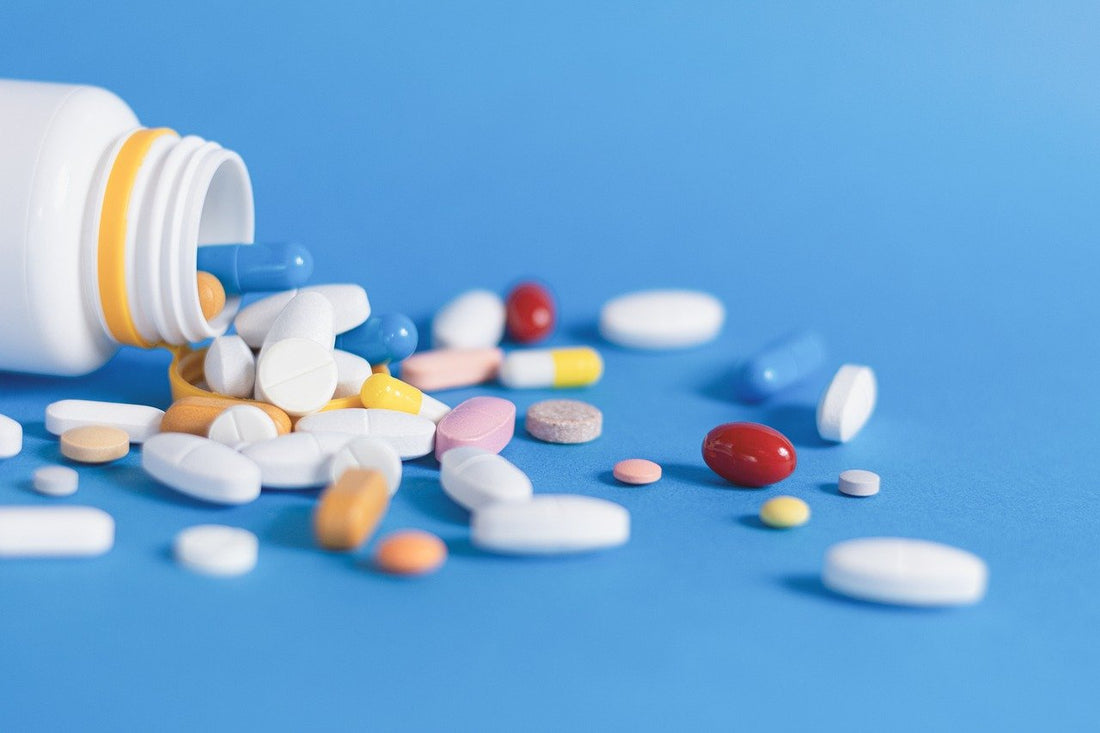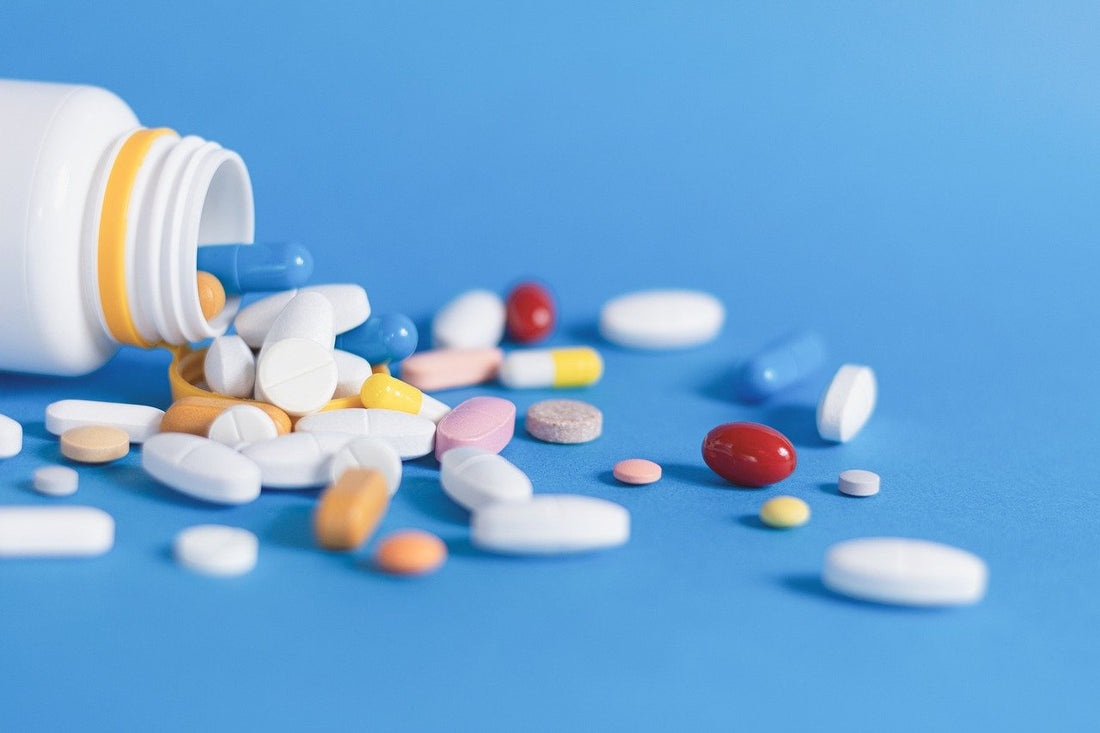
Misusing Prescription Opioids
Daniel PattersonIf your teen is misusing prescription opioids, taking immediate action can help prevent addiction from developing. Opioids, often prescribed for pain relief, are highly addictive and can lead to dependence even after short-term use. Here are key steps you can take to support your teen in both the short term and for long-term recovery.
Short-Term Actions
-
Secure All Medications
The Centers for Disease Control and Prevention (CDC) recommends keeping all prescription opioids locked up and out of reach. Dispose of any unused pills through a drug take-back program or follow safe disposal instructions. This can prevent your teen from accessing more medication and reduce the temptation to misuse. -
Have an Open, Supportive Conversation
Approach your teen with empathy and let them know you’re concerned without judgment. Start by saying something like, “I’ve noticed some changes, and I’m concerned about you and your health. Can we talk about what’s been going on?” According to the National Institute on Drug Abuse (NIDA), teens are more likely to open up when they feel supported, so avoid blaming or accusing them. -
Seek Medical Advice Immediately
Opioid misuse can quickly lead to dependence. Contact your teen’s healthcare provider to discuss safe ways to taper off opioids or explore treatment options. In some cases, the provider may recommend a medically supervised withdrawal plan to ease symptoms and prevent cravings.
Long-Term Strategies
-
Explore Addiction Treatment Options
According to the Substance Abuse and Mental Health Services Administration (SAMHSA), a combination of behavioral therapy and, when needed, medication-assisted treatment (MAT) is most effective for long-term recovery. Behavioral therapy, such as Cognitive Behavioral Therapy (CBT), helps teens understand and manage triggers for opioid use, while MAT options like buprenorphine or methadone can help reduce cravings and ease physical withdrawal symptoms in severe cases. -
Develop a Relapse Prevention Plan
Work with your teen and their healthcare provider to create a plan for managing stress, avoiding triggers that negatively impact their mental health, and finding healthier ways to cope. This might include regular therapy sessions, involvement in peer support groups, and activities that provide a sense of purpose, such as sports, art, or volunteering. Having a structured plan in place helps teens feel prepared to resist cravings and stay on track. -
Involve the Whole Family
Family support can make a big difference in recovery. The American Academy of Pediatrics (AAP) emphasizes the importance of family counseling to improve communication, establish boundaries, and provide emotional support. Family involvement helps reinforce positive changes and creates a supportive environment at home.
Tips for Managing Prescriptions at Home
If your teen has a legitimate prescription for opioids due to pain from an injury or surgery, here are some tips to manage the medication safely:
- Track Dosages: Keep a record of each dose and make sure your teen takes only the prescribed amount. Avoid allowing “extra” doses, even if they’re in pain, and stick to the recommended schedule.
- Communicate with Healthcare Providers: Keep your teen’s healthcare provider informed of any changes in their behavior or pain levels. They may be able to adjust the prescription or suggest non-opioid alternatives for pain management to reduce the risk of misuse.
Conclusion
Preventing and managing opioid misuse in teens requires both immediate steps and a long-term commitment. By securing medications, having open conversations, seeking professional support, and involving the entire family, you can create a solid foundation for your teen’s recovery. With the right support, your teen can overcome opioid misuse and work toward a healthier, drug-free future.
References
- National Institute on Drug Abuse. (2020). "Opioid Misuse and Teen Support."
- Substance Abuse and Mental Health Services Administration. (2021). "Professional Help for Teen Opioid Addiction."
- Centers for Disease Control and Prevention. (2021). "Parenting and Supporting Teens Through Addiction."
- American Academy of Pediatrics. (2020). "Family Counseling in Adolescent Addiction Recovery."











